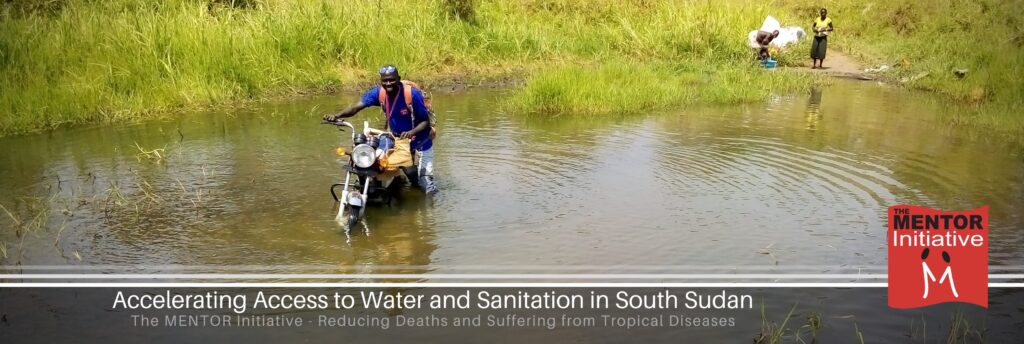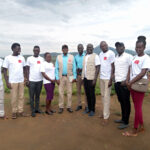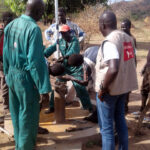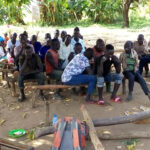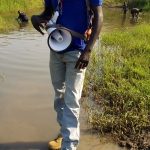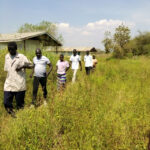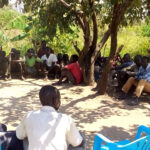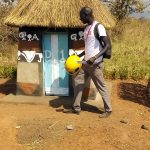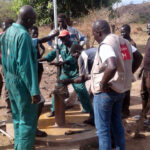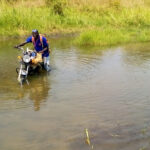Most regions of South Sudan are continuously affected by insecurity, flooding and violent conflicts resulting in exacerbated poverty, lack of infrastructure and a significant proportion of the population being continually displaced. This impedes the ability to transport materials and staff required to build Water Sanitation and Hygiene (WASH) infrastructures, and to reach the most vulnerable communities. According to the 2021 Humanitarian Needs Overview, WASH coverage in South Sudan is still extremely low with the majority of the population having no access to safe water or basic sanitation.[1] This puts the population at a high risk of water-borne and WASH-related illness such as cholera, typhoid, diarrhoea and dysentery as well as malaria and a number of Neglected Tropical Diseases (NTDs). The situation is further compounded by governance challenges causing a lack of sustainable operational and maintenance systems for existing WASH facilities and infrastructures. In South Sudan:
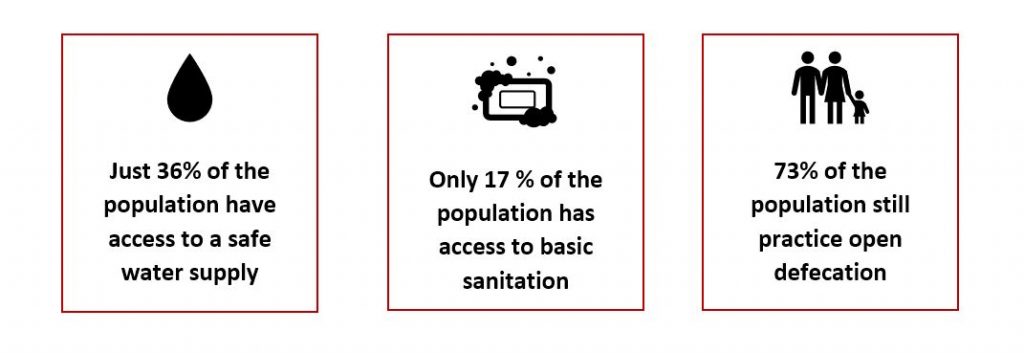
In 2020 South Sudan experienced its most devastating floods in 60 years, with torrential rains ravaging several parts of the country, effecting more than 1 million people in 34 out of the 79 counties. Many hand pumps in affected areas were submersed under water rendering these water sources contaminated and a significant number of latrines overflowed or were destroyed leaving the populations affected at a high risk of water-borne and WASH-related illnesses. This, coupled with the burden of the COVID-19 pandemic has made access to WASH in South Sudan a key priority for 2021.
MENTOR Response:
Since 2018, MENTOR, in partnership with UNICEF, has been committed to accelerating access to basic water and sanitation for some of the most vulnerable populations in South Sudan. These activities have significantly expanded in recent years and MENTOR is currently reaching entire communities across 2 states – Northern Bahr El Ghazal and Eastern Equatoria. This has included the following activities;
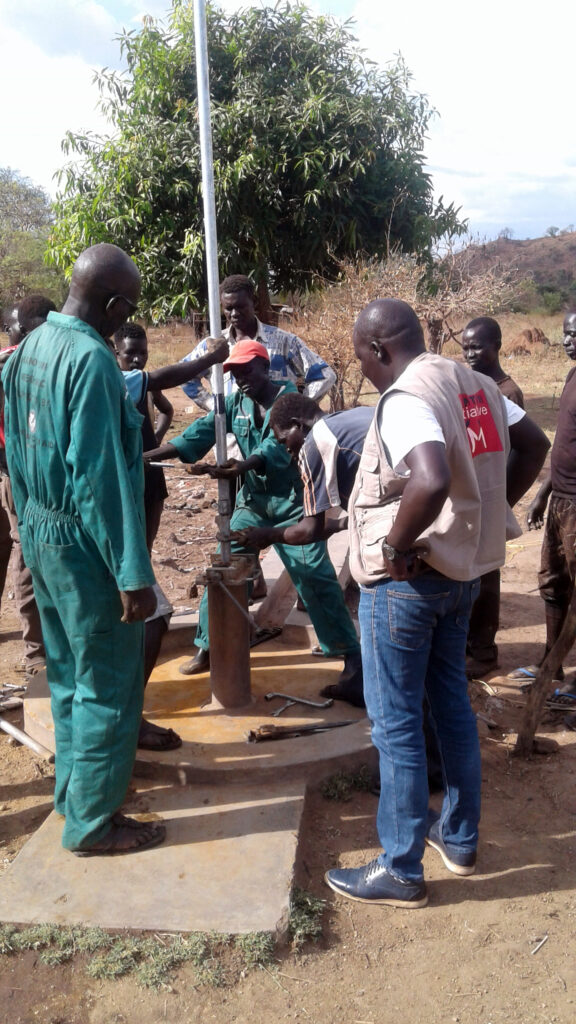
Enabling access to safe water:
Rehabilitation of boreholes together with training and formation of Water Management Committees (WMC’s) has enabled our target locations to continue to receive sustained access to safe water based on Sphere humanitarian standards. The WMC’s are a key component of this intervention as it builds capacity at the local level and enables communities to operate and maintain their boreholes independently. Between April-June 2021 MENTOR plans to rehabilitate 62 boreholes in Eastern Equatoria and Northern Bahr El Ghazal.
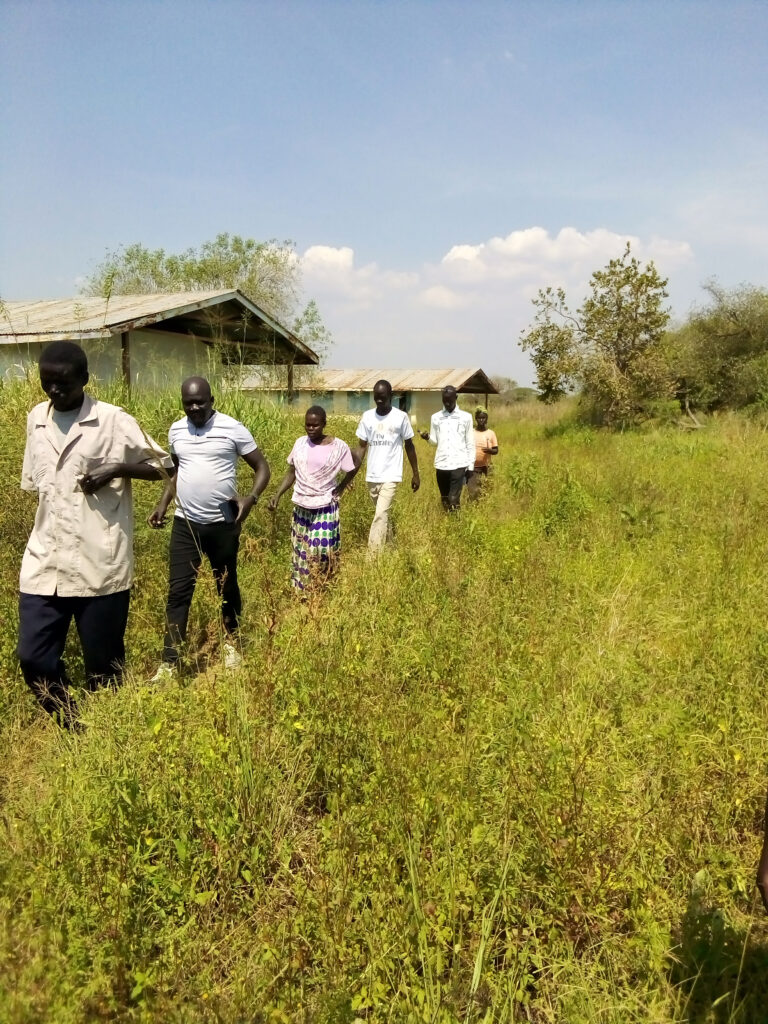
Community-led total sanitation (CLTS):
CLTS is an innovative methodology for mobilising communities to completely eliminate open defecation (OD). Communities are triggered and facilitated to conduct their own appraisal and analysis of open defecation habits and take action to construct and ensure use of latrines to achieve open defecation free (ODF) status. In 2020 a total of 383 villages were triggered, of which 267 achieved ODF status across MENTOR’s target locations. Furthermore, CLTS activities led to the community construction of 635 latrines. In 2021 a further 52 villages were triggered and are currently undergoing post-triggering monitoring along with the other villages who have not yet achieved ODF status.
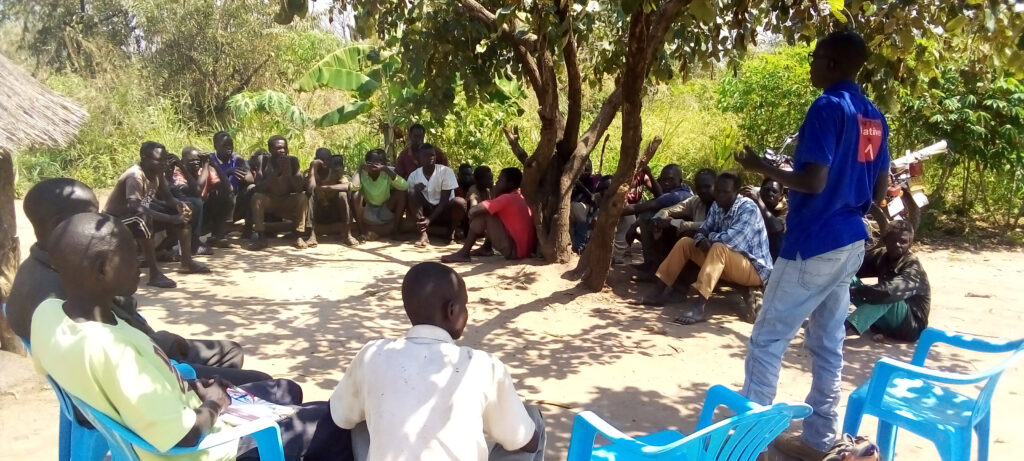
Hygiene promotion & COVID-19 risk mitigation:
MENTOR continues to accelerate hygiene promotion activities aimed at preventing outbreaks of WASH-related diseases. Hygiene promotion messages are delivered at the community level in conjunction with other WASH activities in order to optimise intervention outcomes through uptake of positive behaviours. In response to the COVID-19 pandemic MENTOR also provided support to local authorities and partner agencies through delivering COVID-19 messaging in conjunction with routine interventions, installation of hand-washing facilities in program sites and gap filling of essential commodities such as soap.
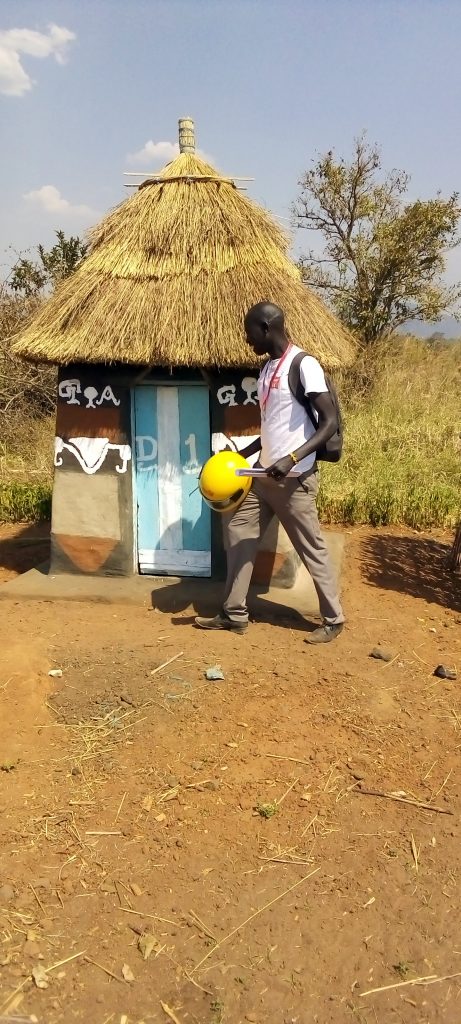
WASH in Schools and Health Care Facilities:
MENTOR supports schools and health care facilities with WASH services which includes construction and repair of gender-sensitive latrines, as well as, delivery of hygiene promotion messages. This includes menstrual hygiene management for school girls. As a result, since 2020 MENTOR has supported 7 health care facilities and 15 schools across the target locations with approximately 6,500 individuals benefitting from access to WASH facilities in schools.
[1] OCHA. (2021) Humanitarian Needs Overview 2021: South Sudan. Retrieved from: https://reliefweb.int/sites/reliefweb.int/files/resources/south_sudan_2021_humanitarian_needs_overview.pdf

